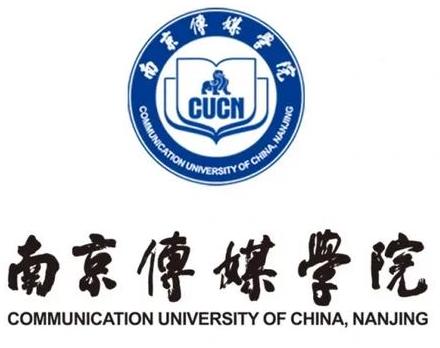Intelligent industrial design
· Embedded System Design
· Human-computer Interaction Design
· Digital Design of Industrial Products
· Product Design and Intelligent Model Making
· Computer Aided Industrial Design System
· Network and System Integration
· Computer-control System
· Automatic Testing and Troubleshooting
Digitalization and intelligent product design
· Digital Product Modeling
· Digital Design System
· Digital Product Performance Analysis Technology
· KBE Technology for Product Development
· Innovation Design Automation for Virtual Product
· Generative Design with AI-Driven Algorithms
· Digital Twin for Real-Time Product Lifecycle Management
· Human-Centric AI Interfaces for Collaborative Design
Artificial Intelligence and data-driven design technologies
· Machine Learning for Design
· Estimation and maintenance of systems
· Condition monitoring
· Fault Diagnostics and Prediction
· Classification and Characterization Methods
· Big Data Search and Information Retrieval Technology
· Multi-agent systems
· Multi-criteria decision support
· Neural networks
· Deep Learning
· Neuro-fuzzy
· Neuro-evolutionary systems





